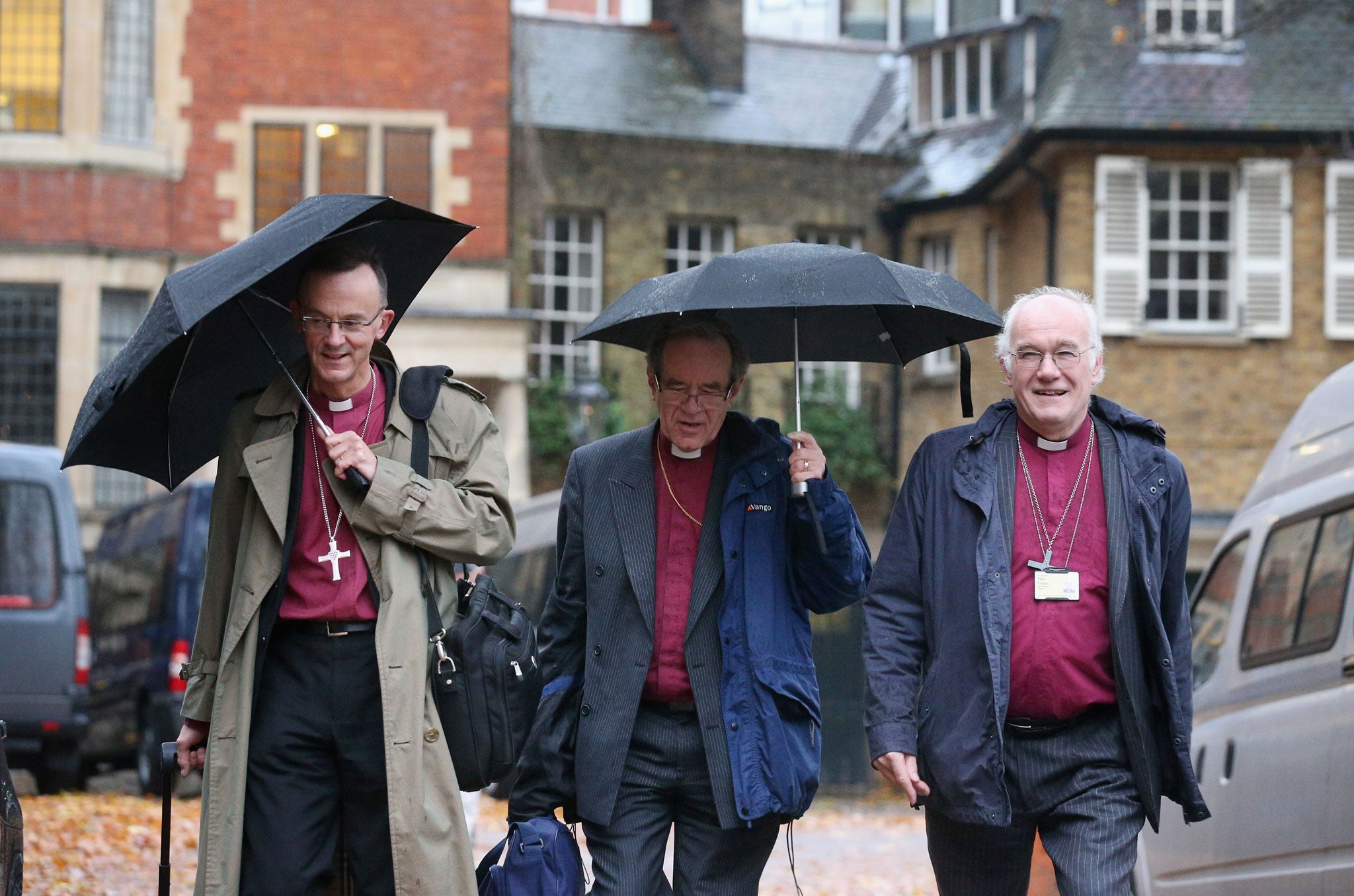Why I voted no to women bishops
On Tuesday, the Church's General Synod met and we did our job. After all, a bishop is not a CEO, he is the father of a family

Contrary to what the alarmist headlines would have you believe, the Church of England has not rejected women bishops and it is not, as a result, either fatally irrelevant or a national embarrassment. On Tuesday, the Church’s General Synod met and we did our job, part of which is to scrutinise potential legislation for the Church. The legislation we voted on needed to achieve two outcomes: the ordination of women to the episcopate; and sufficient provision for those who, for theological reasons, find this innovation unacceptable. In other words, the Church of England wanted women bishops but within the framework of an inclusive church, where people could disagree about the ordination of women yet remain loyal Anglicans and united around the good news of Jesus Christ.
The significant vote was in the House of Laity where 74 votes against the legislation that would allow women clergy to become bishops meant the measure was rejected. I was one of the 74 and I believe that it was a vote for a positive future for the Church of England.
Voting no was a vote for unity in the church and we are now in a strong position to work towards better legislation that will enable women to become bishops and all traditions in the Church to flourish.
Voting no was a vote against discrimination; had this legislation been passed, a significant minority of the Church, perhaps as many as a third, would have felt that there was no permanent place for them in the Church.
Voting no was a vote for equality in the church; equality that stems not from what we do, but from what God has done for us; God created each one of us and Christ paid the same price for each one of us, so we are free to serve one another without reference to role or status. Leadership in the Church is surely modelled on the Son of Man.
To be called to be a bishop is a calling to serve God’s family. The Church is not a workplace, with a hierarchy to climb, but a family in which each member has different responsibilities but is equally valuable. To be called to be a bishop is not to be called to be a CEO but to be a father to the church family. The bible teaches us that fathers are called to lay down their lives in self-sacrificial service by taking responsibility for the spiritual welfare of their family. Of course, the Church needs mothers, too, but I believe they have a different, equally self-sacrificial and equally valuable role to play.
Far from being irrelevant, the Church of England is grappling with the same issue that the rest of society is grappling with; how do we enable equality and diversity within a legislative framework? The Synod’s decision has given us the space to find an answer as we remember the humility of Christ’s birth this Christmas.
The writer is a member of the General Synod of the Church of England
Join our commenting forum
Join thought-provoking conversations, follow other Independent readers and see their replies
Comments
Bookmark popover
Removed from bookmarks